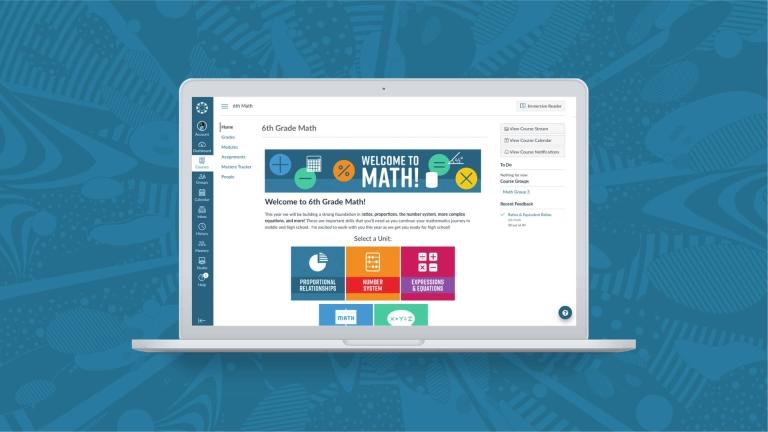
This is a story about one of the newest Canvas features for any course or institution which uses groups in teaching, wrapped in a love letter to the voice of the Canvas user community in product planning.
As the world’s first business school, the Wharton School of the University of Pennsylvania makes use of every feature of Canvas that supports our group-project-oriented curriculum. While grading of group assignments had been possible for many years in SpeedGrader, the connection between the Gradebook and groups in a course seemed less direct.
What resulted in New Gradebook connecting more deeply to groups began with a spark in 2017: an idea contributed in the 500,000-user Canvas Community by someone I’ve not yet met at another university, to whom I’ll always be grateful. Katie Skapin Fritsche described a single, clear idea to Filter Gradebook by Groups, including several ways this idea, if added to Canvas, could benefit teachers and students. As the idea gained votes, other Community members commented with related scenarios.
We began testing New Gradebook at Wharton in 2018, first with small courses taught by colleagues and later in a large undergraduate course. Around this same time, Katie’s feature idea joined the top 10% of ideas by vote; by 2019 it was added to the product plan as part of the Gradebook Enhancements priority.
This feature was delivered in June 2019, taking the form of two small changes to the New Gradebook – each providing immediate benefits of its own.
-Adding the Student Groups filter helps the teacher pick a desired group from a list organized using the same categories (sets) defined in the course’s People tab.
-Group is now a type of Secondary Info which a teacher can choose to show right under each student’s name. All the student’s group memberships in that course are included.
Further benefits accrue from using these simple improvements together with other features:
-When a group assignment is configured to allow “Assign Grades to Each Student Individually”, filtering by group in New Gradebook simplifies the task of adjusting a specific student’s grade relative to the overall group.
-Viewing individual work by members of a selected group becomes possible, as does setting a default grade for an individual assignment by that group.
-The “Student Groups” filter works alongside other types of New Gradebook filters.
o When used in conjunction with column filters – such as by Assignment Group – it’s now possible to adjust specific grades in the context of related assignments an entire group is doing.
o Combining two types of Gradebook row filters – for example, both “Student Groups” and “Sections” filters – is also possible. Just as Katie originally envisioned, doing this helps graders or coaches work with an assigned subset of students regardless of section, with much less searching and scrolling than was necessary in the old Gradebook.
The release timing made it possible for me to demonstrate what had newly become possible for groups and grading at this year’s Business School Roundtable, a pre-conference session held annually at InstructureCon since 2014. Soon afterward, we chose to standardize on the New Gradebook at Wharton beginning with Fall 2019 courses.
Today, these enhancements save time and improve ease of use for assessing all types of group work in a course. And it all began with a simple idea from one person at one institution – an idea which gained in popularity, garnered related suggestions from others, plugged into a Product Priority, and became powerful in how it combines with other Canvas capabilities.
Thank you, Katie, and thanks to the many others who voted up “Filter Gradebook by Groups” to gain the notice of the Canvas Product Team, bringing this Community suggestion to fruition in a way which delivers power through simplicity.
Keep learning,
Rob Ditto
Technical Director - The Wharton School, University of Pennsylvania
Related Content
 Teaching-With-Tech-10-Benefits.jpg
Teaching-With-Tech-10-Benefits.jpgBlogs
 wooclapft.png
wooclapft.pngBlogs
 lincolnlearning.png
lincolnlearning.pngBlogs